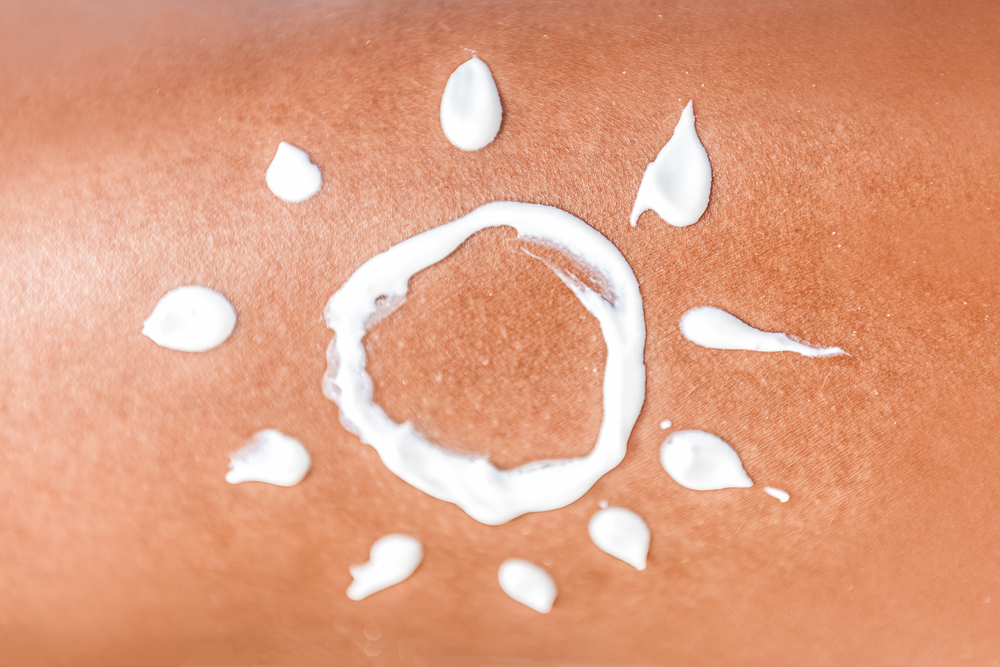
Yesterday, on April 23, the world came together to mark the start of an entire week dedicated to Allergy Awareness. The World Allergy Organisation aims to increase awareness of allergy, atopic dermatitis (atopic eczema) and related conditions. Patient and carer education plays a significant part of the treatment for eczema and allergy and empowers individuals to achieve control over their disease.
Atopy encompasses a group of conditions that includes eczema, asthma and hayfever. These are inherited from our parents, and one person can develop one or more atopic condition. Atopic eczema causes dry, inflamed and itchy skin, which can become weepy and infected. It is very common in the UK affecting 1in 5 children and 1 in 12 adults. Individuals with atopic eczema are more likely to suffer from allergies, and evidence suggests that the weak skin barrier in atopic skin provides easier exposure to allergens and sensitisation. Eczema can be triggered or worsened by allergy or irritation hence it is important to protect the skin barrier at all times to minimise the risk.
With summer fast approaching, it is important to be aware of the right care for atopic skin in the sun and during holidays:
Is the sun bad for my eczema?
The effect of the sun on eczema varies in different individuals. Some people improve when exposed to the sun while others could flare. Contact with some chemicals and plants, and taking certain medication including some herbal supplements such as St John’s Wort, can make the skin sensitive to the sun and cause rashes and blisters.
What is the best way to protect my skin in the sun?
On sunny days, avoid the sun between 11am and 3pm if possible. Wear protective clothing, a hat and sunglasses. Apply generous amounts of a high factor sunscreen with SPF 30 or above which protects against both UVB and UVA (broad spectrum).
Which type of sunscreen should I use?
There are two types of sunscreens, chemical and physical. Chemical sunscreens filter and absorb UV rays, while physical formulas reflect UV instead. In general, physical sunscreens are less irritating to the skin and are recommended for children, and adults with sensitive skin, although they tend to leave a white residue, which some people may find unpleasant.
How should I apply my sunscreen and do I need to moisturise at the same time?
Studies have shown that most people don’t apply enough sunscreen. Use enough to coat the skin; the rule of thumb is one shot glass for exposed skin of face and body. Re-apply every 2 hours and do not rub too hard as this may trigger itching. Apply your moisturiser about 30 minutes before your sunscreen so that the sunscreen is not diluted.
Can I swim in the pool if I have eczema?
Yes, but you should avoid swimming if you are having a bad flare of your eczema. Swimming can cause dryness so it is important to moisturise the skin thoroughly before and after swimming. When swimming in a pool, make sure you shower and apply your moisturiser before entering the pool (this helps to reduce irritation when water comes in contact with the skin) and repeat the same after swimming to ensure chlorine is washed off. Chlorine can cause dryness but is also a disinfectant, which is beneficial for people with a tendency to infected eczema.
This article is for information only and should not be used for the diagnosis or treatment of medical conditions. myHealthSpecialist makes no representations as to the accuracy or completeness of any of the information in this article, or found by following any link from this article. Please consult a doctor or other healthcare professional for medical advice.
